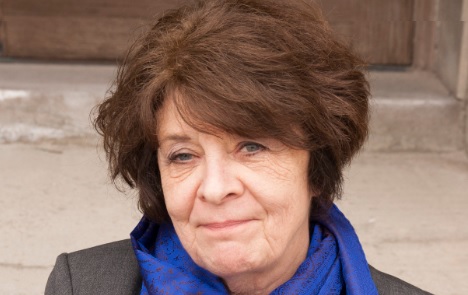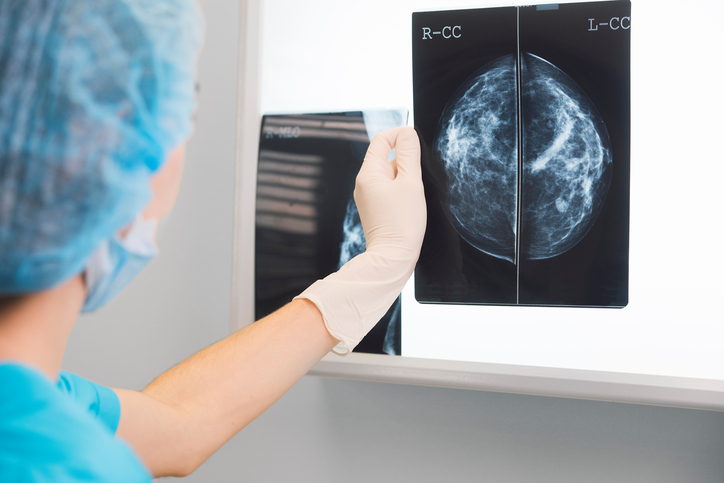
Provinces in Canada have publicly-funded programs that offer mammograms to women to screen for breast cancer, but some scientists challenge the value of such programs. A former Canadian journalist has written a book describing how this screening was introduced and widely recommended as a good way to protect against breast cancer. A news release about the book says “women and their doctors continue to buy into a myth perpetuated by greed, fear and wishful thinking.”

(photo Ayelet Tsabari)
Renée Pellerin says mammograms can leave women with misplaced fear and misplaced complacency.
Fear is exaggerated, says author
Canadian women often hear the statistic that breast cancer is the second leading cause of death from cancer in Canadian women, and they may have heard stories of young women who have died from the disease.
“We have a degree of fear which I think is exaggerated,” says Renée Pellerin, author of Conspiracy of Hope: The Truth About Breast Cancer Screening. “I don’t think it’s well known that only one in 30 women over a lifetime will die of breast cancer. Ninety-seven per cent of us will die of something else. And yes, it is a leading cause of death for women in their forties and fifties, but most women who die of breast cancer die much older than that.”

Mammograms may reveal cancers which would not affect a woman’s health but which may lead to unnecessary medical intervention. (iStock)
False positives, false negatives and over diagnosing criticized
Pellerin says there are three ways that mammograms can cause harm. They may suggest breast cancer even though there is none, causing unnecessary worry.
They may not detect breast cancer even though it is present, giving women a false sense of security. And they may detect cancers that would not lead to death or decreased quality of life leading women to undergo unnecessary procedures.
‘Breast awareness is the key’
Pellerin says for women who are terrified of breast cancer it may be psychology beneficial to have mammograms. But she says women should base their decisions on their personal situations.
“I think breast awareness is the key. I think relying on technology such as a mammogram…is probably not a great approach.” Pellerin says women should perform their own breast exams and perhaps think more about the greater risks they face from such things as obesity and other forms of cancer.
Pellerin’s book is published by Goose Lane Editions.



